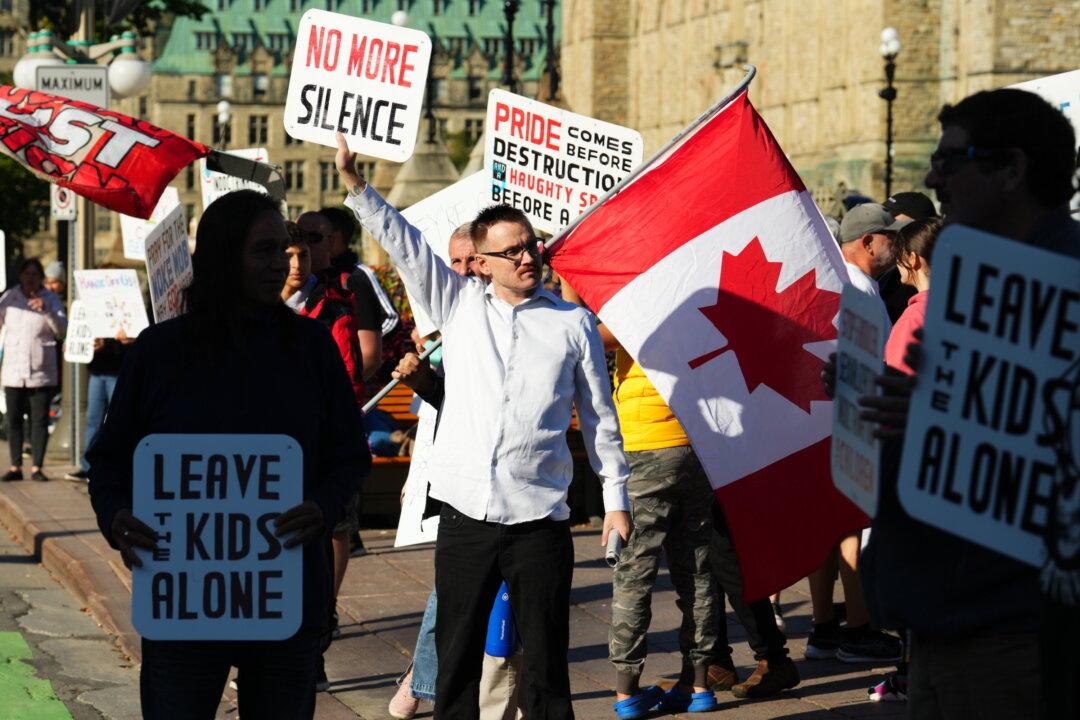The Canadian government is reinforcing its diplomatic efforts in the United States by speaking with Donald Trump allies in the midst of an election year that could potentially see the return of Mr. Trump to the presidency.
“We’re absolutely talking to Republicans that are advising former president Trump and to strategists that are advising him, and of course to his allies in Congress and at the state level,” said Canada’s Ambassador to the United States, Kirsten Hillman, in an interview with Global News.





